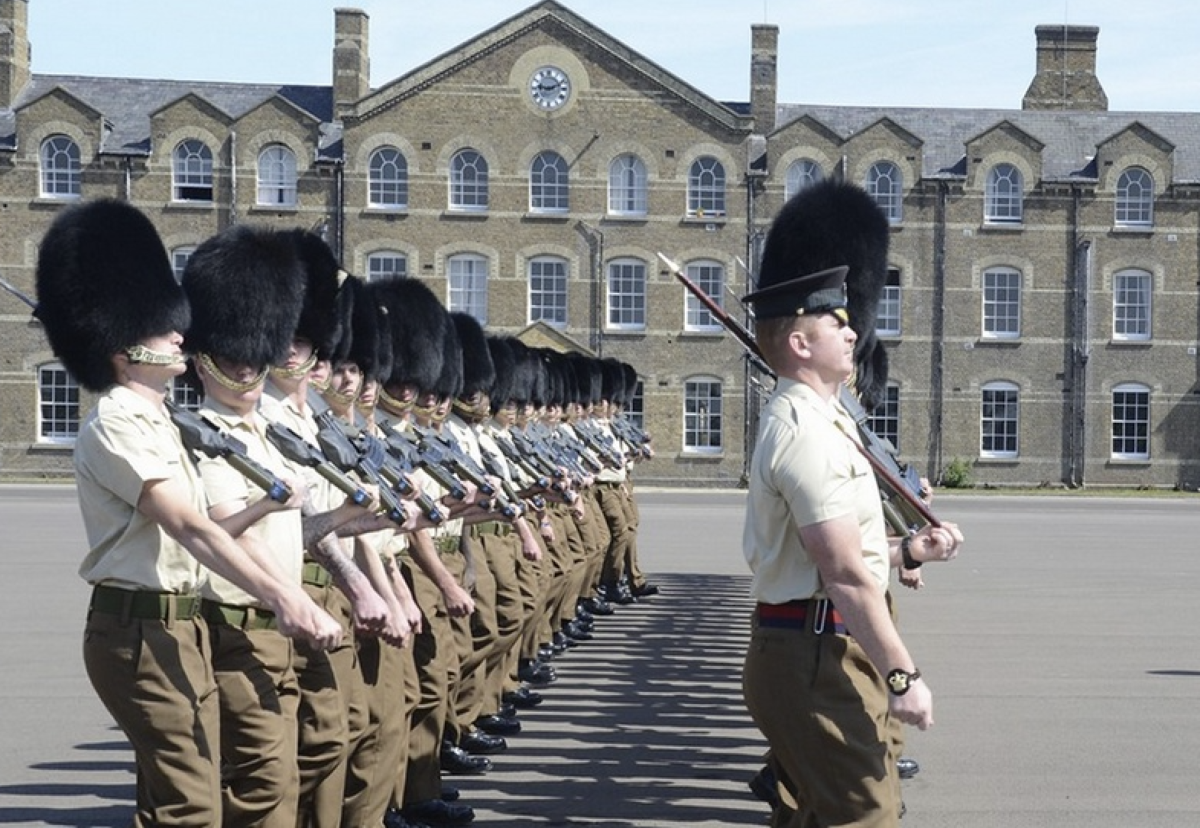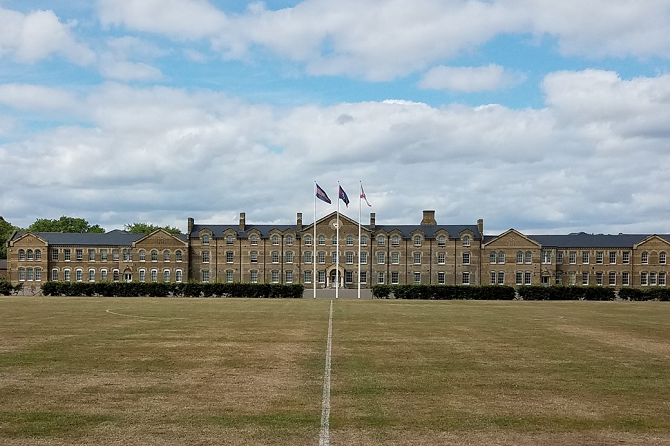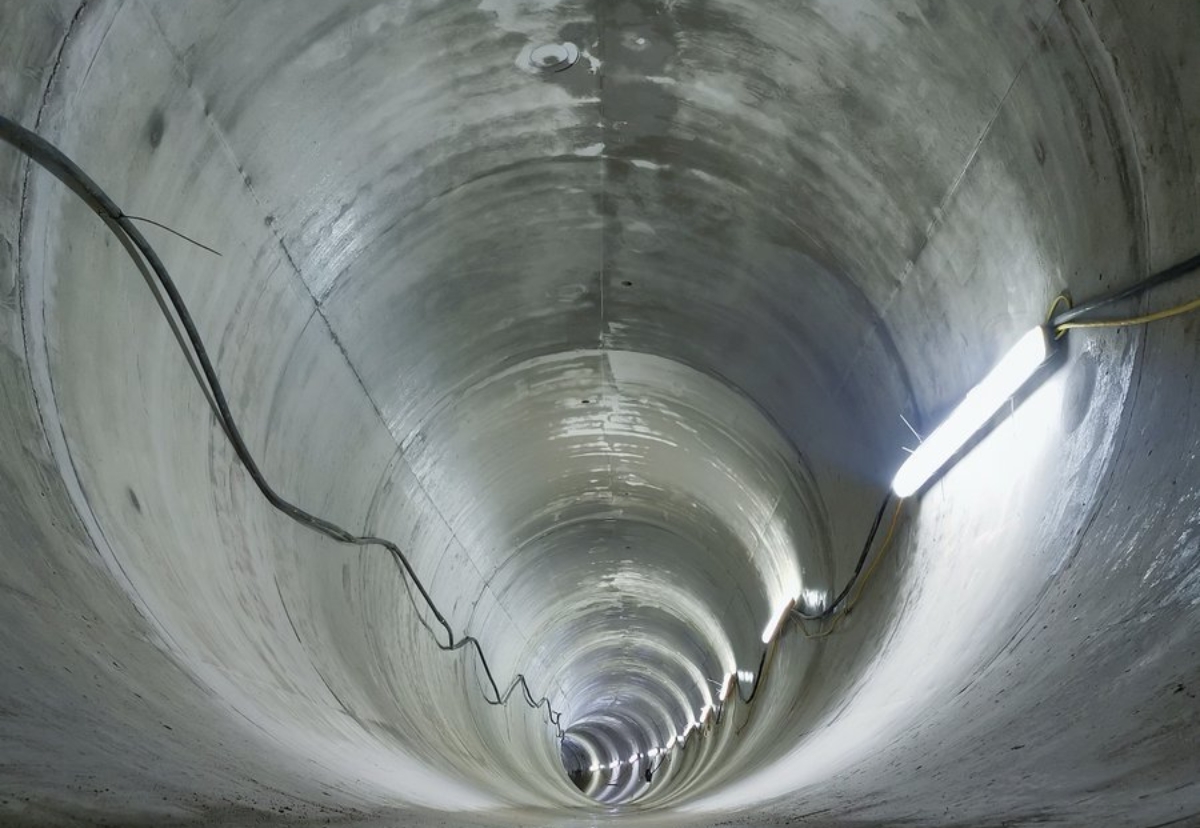The latest update comes as the Crossrail Board said: “Delivery of the Elizabeth line is now in its complex final stages and is being completed at a time of great uncertainty due to the risks and potential impacts of further Covid outbreaks.”
The board said the central section between Paddington and Abbey Wood will be ready to open in “the first half of 2022.”
The line was originally due to open in December 2018.
Latest budget estimates show that the cost to complete the project could be up to £1.1bn above the latest agreed finance package taking the total beyond £19bn.
Crossrail said it is planning to start intensive operational testing “at the earliest opportunity in 2021.”
The board blamed the latest delays on:
- Routeway: we have had lower than planned productivity in the final completion and handover of the shafts and portals. The shafts and portals form a critical part of the routeway and contain many of the complex operating systems for the Elizabeth line. We have now completed handover of eight of the ten shafts and portals to TfL and will complete handover of the final two this autumn.
- Stations: as more detailed plans for the completion and handover of the ten central section stations have developed, we have revised our previous schedule assumptions about the pace at which these large and complex stations can be handed over to TfL. The completion and handover of all the stations in the central section is a monumental task – in our updated plan we have phased the transfer of stations to take account the scale of this undertaking.
- COVID-19: Covid has further exacerbated the schedule pressures due to a pause of physical activity on sites during lockdown to keep the workforce safe and significant constraints on ongoing work and productivity due to the reduced numbers that can work on site to meet strict social distancing requirements. We now have a maximum of around 2,000 people on our sites, less than 50 per cent of our pre-Covid complement.
Crossrail said it is undertaking “a period of intensive construction activity during August and September to complete the remaining construction works in the routeway for Trial Running.”
Mark Wild, Chief Executive, Crossrail Ltd, said: “Our focus remains on opening the Elizabeth line as soon as possible. Now more than ever Londoners are relying on the capacity and connectivity that the Elizabeth line will bring, and we are doing everything possible to deliver the railway as safely and quickly as we can.
“We have a comprehensive plan to complete the railway and we are striving to commence intensive operational testing for the Elizabeth line, known as Trial Running, at the earliest opportunity.
“Delivery of the Elizabeth line is now in its complex final stages and is being completed at a time of great uncertainty due to the risk and potential impacts of further Covid outbreaks.
“We are working tirelessly to complete the remaining infrastructure works so that we can fully test the railway and successfully transition the project as an operational railway to Transport for London.”
Andy Byford, London’s Transport Commissioner, said: “It is very disappointing to receive confirmation from Crossrail Ltd that their plan for opening the Elizabeth Line now has a date of the first half of 2022.
“The line will transform travel across London and is vital to supporting jobs, homes and businesses across the capital. I will now work with my team and the DfT to review Crossrail’s plans.
“I have been very clear that I am committed to getting this railway open safely and reliably as quickly as possible for the benefit of London and beyond.”



